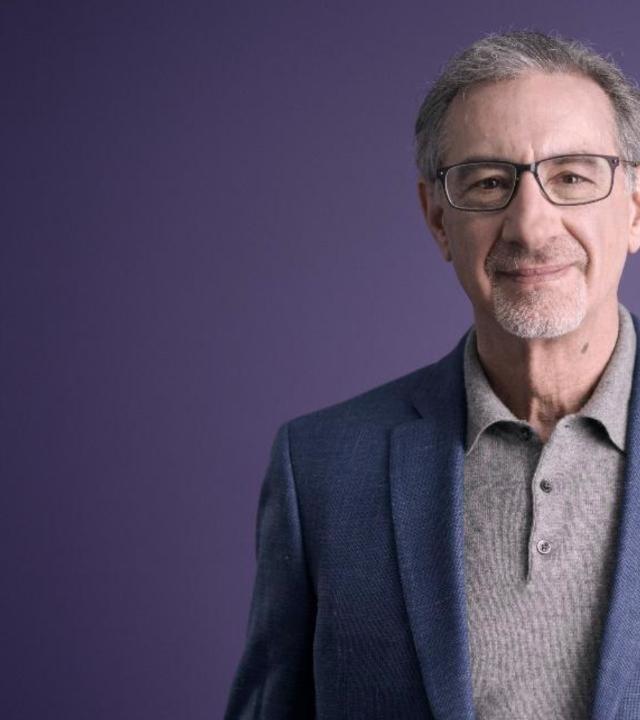
Physician Spotlight – Jeffrey Wisoff, MD
A conversation with Jeffrey H. Wisoff, MD, pediatric neurosurgeon, Professor of Neurosurgery and Pediatrics at NYU Langone Medical Center, and esteemed member of the Make-A-Wish Metro New York Medical Advisory Council.
Q: What role can wishes play in the care of children with critical illnesses?
A: Anytime a child is ill, the whole family structure is impacted. A child’s illness takes an emotional, and often physical, toll on everyone - parents, siblings, grandparents.
We can treat child, but it’s so much more difficult to help repair the family which is so important because kids draw so much of their strength from their parents and extended family. The wish is always fun and exciting for the child, but I think it’s even more special for the family as a whole. It helps to heal the brokenness that occurs anytime a child has a serious illness. It provides a sense of unity for the family and helps heal fractured relationships that illness and disease so often bring to a family.
Q: Why do you think wishes are important to the children you treat?
We want to treat children holistically. I may be a neurosurgeon and I may be concentrating on two square inches of the brain under a microscope during an operation, but you can’t forget there’s a whole person underneath. In the recovery process, and thankfully, most kids with these serious illnesses do recover, you have to try to bring them back to the wholeness that was their life before the illness. I think the wish is absolutely unique in that sense because it almost allows them to live out a fantasy of what life would be at its best after often coming through life at its worst.
Q: What role can wishes play in the care of children with critical illnesses?
A: Anytime a child is ill, the whole family structure is impacted. A child’s illness takes an emotional, and often physical, toll on everyone - parents, siblings, grandparents.
We can treat child, but it’s so much more difficult to help repair the family which is so important because kids draw so much of their strength from their parents and extended family. The wish is always fun and exciting for the child, but I think it’s even more special for the family as a whole. It helps to heal the brokenness that occurs anytime a child has a serious illness. It provides a sense of unity for the family and helps heal fractured relationships that illness and disease so often bring to a family.
Q: Why do you think wishes are important to the children you treat?
We want to treat children holistically. I may be a neurosurgeon and I may be concentrating on two square inches of the brain under a microscope during an operation, but you can’t forget there’s a whole person underneath. In the recovery process, and thankfully, most kids with these serious illnesses do recover, you have to try to bring them back to the wholeness that was their life before the illness. I think the wish is absolutely unique in that sense because it almost allows them to live out a fantasy of what life would be at its best after often coming through life at its worst.
Q. You note that children experiencing a critical illness draw much of their strength from their parents. Do you think families draw strength from their children with they see their joy in experiencing a wish?
Absolutely, that’s part of the reunification of the family, the healing of the brokenness – your child is your child again.
Every parent’s first instinct is to protect their child and when a child has a serious illness we physicians are actually doing the thing that parents hate the most - we’re removing their sense of control. They’re entrusting their child’s care to a complete stranger. The wish takes you out of that realm, it gives back to parents the ability to give their child what they want. I think it’s an enormous benefit to the family and to the restoration of the parental role as primary in a child’s life.